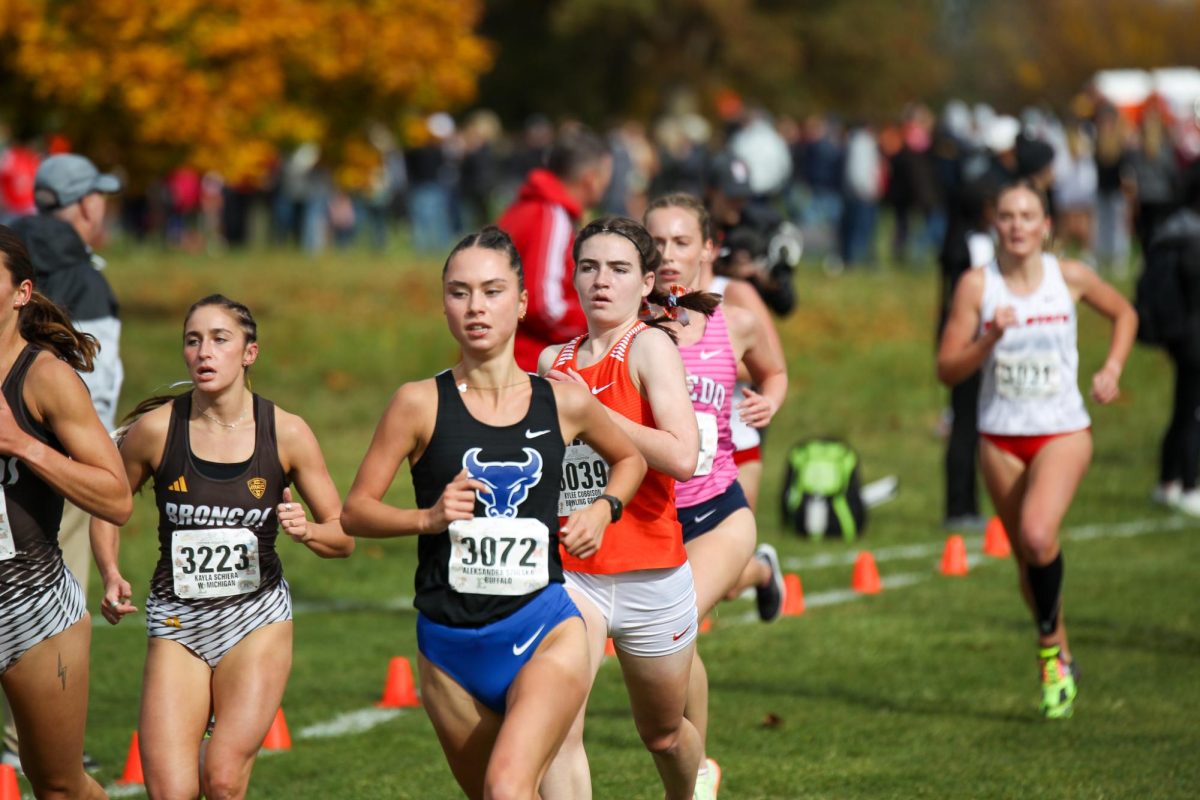The leaves have barely begun to fall this autumn, but Brother Jed and like-minded preachers have already been on campus bellowing against the fall of man. These proselytizers frequent campus hoping to scare us into the loving arms of their savior.
Their hostile screeds can be heard a great distance from the free speech zone just outside of the Union. Crowds gather. Some bystanders try to engage the preachers in debate. Others return the hostility with equally venomous replies. The spectacle unfolds as some bystanders are entertained and others angered and annoyed.
Count me among the annoyed, but not only for the hateful speech coming from these traveling preachers, but annoyed that “free speech” is nowadays corralled on college campuses in limited spaces, and at political events, such as the Democratic and Republican Primaries, literally cordoned off.
Such restrictions on speech seem completely unnecessary since there are other means by which we can respond to the hate-filled speech of Brother Jed and his disciples. The answer, though, is not to return the hate with more hate. That’s counterproductive.
In fact, taunting the preachers seems to fuel their passion for their Christ. The mean-spirited replies to their own mean-spirited speech make them feel pious in their brave stand against the sinful masses. What really unsettles them is to respond with kindness. I know. I confronted one such street preacher three years ago at the Black Swamp Arts Festival.
In 2010, a group of love-to-haters were warning Black Swamp festival goers about the wages of sin. They shouted their warnings of hell. They waved their signs at children and adults alike.
Members of this salvation army even approached individuals asking them if they were prepared to forego the sins of the flesh for the glory of heaven. Most people were understandably baffled. After all, where in the Bible is one warned that the road to hell is paved with ceramics and fiber arts?
One red-faced street preacher, veins bulging in his neck, stood in the middle of Main Street shouting invective about the consequences of sin. Patrons of the festival were naturally giving him a wide berth.
Suddenly aware of what a pariah he was, he began to shout, “You’re all haters. Why do you hate me?” Seeing that there were plenty of people around to come to my rescue if conversation turned into physical confrontation, I approached the man.
I said to him, “I don’t hate you, brother. I’m annoyed by you, but I don’t hate you.”
And this next line is the one that silenced him for a good ninety seconds. I said, “You look like you could use a hug. Can I hug you?” Flummoxed, he said, “Yes.” I hugged him and then walked away. He stood there baffled, befuddled, and blessedly silent for a short time. Then, finding that fire in his belly once again, he returned to his preaching.
Many festival goers were disheartened to have their experience dampened by these proselytizers. Artists whose booths were nearby the preachers felt the financial sting as patrons rushed by their booths to farther reaches, free from the preachers.
As a compromise, of sorts, the next year’s festival planners established a free speech zone for any and all who had something to say. Conveniently for the artists, the zone was not in the same space as their booths.
I understood and appreciated the compromise and yet, the free speech zone seemed a tad ironic given that we might hope that an arts and music festival, like a college campus, would be a space for a great deal of free expression.
Respond to Julie at
thenews@bgnews.com













